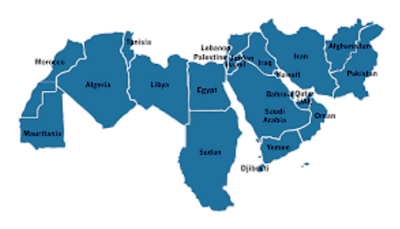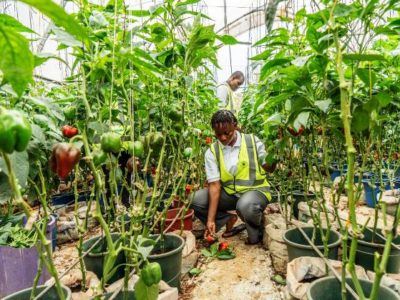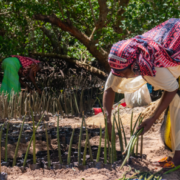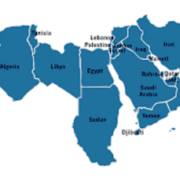A series of Economic Reports of Africa published by the UN Economic Commission for Africa (ECA) between 2013 to 2016 argue that infrastructure development has a direct effect on the pace and nature of industrialization and transformation of African countries. In a globalized world, integration into international and regional market depends on the existing infrastructure assets.
During a presentation at the ongoing meeting of the 21st Intergovernmental Committee of Experts in Comoros, Mr. Yohannes Hailu, an Economic Affairs Officer at ECA said that adequate infrastructure increases the attractiveness of countries for investment and hence enhances social and welfare outcomes, such as health and education.
“Research shows that the appropriate infrastructure in Africa will lead to an additional 2 percent GDP annual growth, releasing a 40 percent boost in productivity for firms and accelerating investment on the continent”, said Hailu.
Data for Eastern Africa indicates that there have been major improvements in infrastructure provision since 2012, especially in Kenya, Tanzania, Rwanda and Uganda. However, the overall ranking for many countries in the region shows the need to speed-up infrastructure development to support industrialization.
Mr. Hailu said that to bridge the infrastructure gap for industrialization, numerous challenges need to be overcome. Key among them are finance and integrated planning. A Programme for Infrastructure Development in Africa (PIDA) framework identified a continental infrastructure investment need of $360 billion between 2011 and 2040.
“Africa needs investment of $93 billion per year, of which 44 percent are on energy projects. Addressing the financing challenge for large-scale expansion of infrastructure remains a key policy issue to address”, affirmed Mr. Hailu.
Financing of infrastructure development is also a major concern for the countries of Eastern Africa, which require at least $4.2 billion every year in the energy sector until 2020, and $6.3 billion from 2036 to 2040. Experts at the Moroni meeting concurred that productivity and growth will only improve on the continent if policy makers place more emphasis on climate-resilient investments in infrastructure.


















